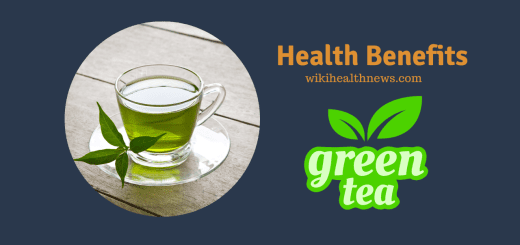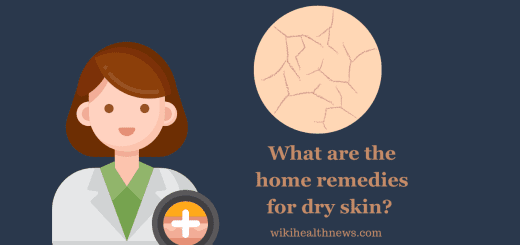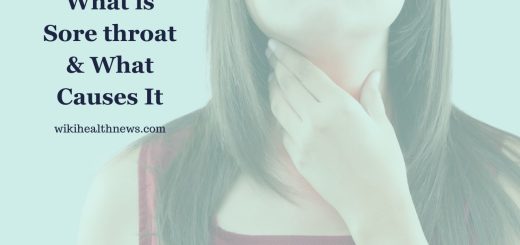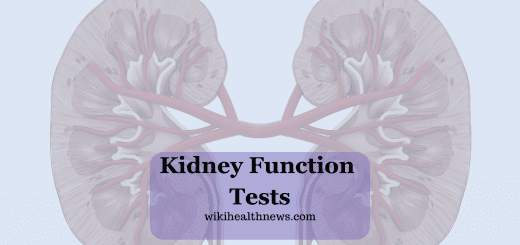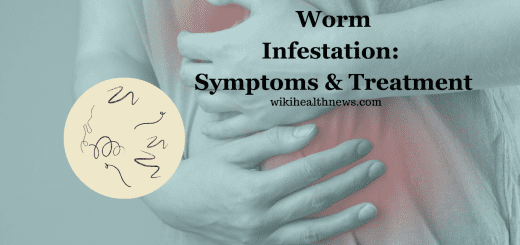Rules of bone health
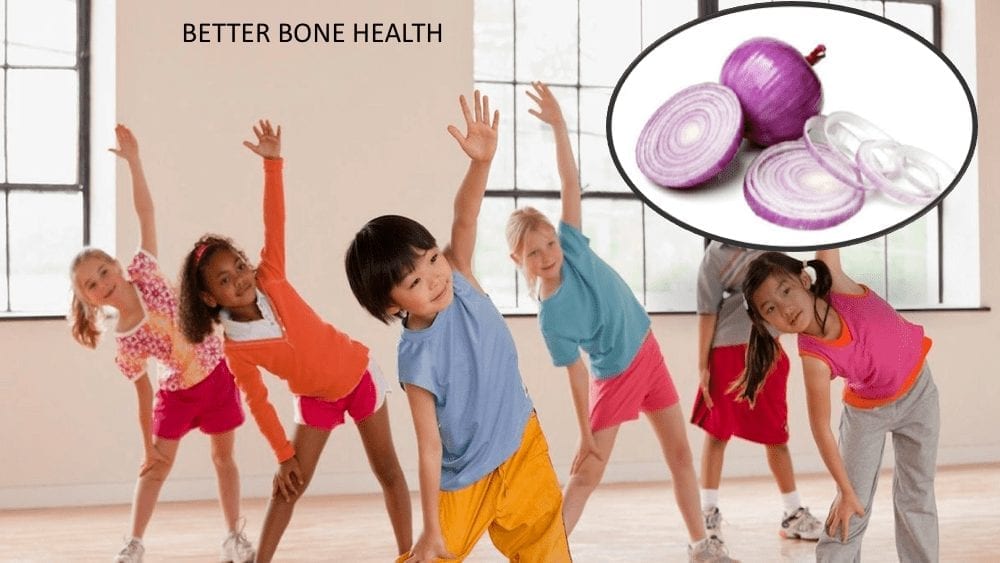
Onions are high in vitamins, minerals, and antioxidants, eating plenty of onions during childhood is seen to be associated with high bone density in adults
By Femelife Fertility
Bones play many roles in the body providing structure, protecting organs, anchoring muscles and storing calcium. During life bones are continuously changing, new bone is made and old bone is broken down. It’s important to build strong and healthy bones during childhood and adolescence which finally passed onto adulthood to protect bone health during ageing process.
Minerals are incorporated into bones during childhood, adolescence and early adulthood which help in bone formation and protection.
If enough bone mass is not created during this time or bone is not protected during adulthood, there is an increased risk of developing fragile bones that breaks at minimal stress later in life. Osteoporosis is a condition that causes bones to become weak and brittle and it depends on how much bone mass is attained by the time of age 30 and how rapidly it is lost after that.
Production of bone mass depends on amount of calcium in diet, physical activity. tobacco and alcohol use. Gender, Size, Race and family history, hormone levels, eating disorders and other conditions, certain medications can affect bone mass.
How to protect bones?
Plenty of calcium in diet: For adults ages 19 to 50 and men ages 51 to 70, the recommended dietary allowance (RDA) is 1,000 milligrams (mg) of calcium a day. The recommendation increases to 1,200 mg a day for women after age 50 and for men after age 70. Vitamin D and physical activity in daily routine avoiding substance abuse can protect bones
Eat Lots of Vegetables: Vegetables also seem to increase bone mineral density, also known as bone density. Vitamin C’s antioxidant effects may protect bone cells from damage. A high intake of green and yellow vegetables has been linked to increased bone mineralization during childhood
Perform Strength Training and Weight-Bearing Exercises
In older men and women who performed weight-bearing exercise showed increases in bone mineral density, bone strength and bone size, as well as reductions in markers of bone turnover
Eat Balanced diet
• A low protein intake can lead to bone loss, while a high protein intake can help protect bone health during aging and weight loss
• Calcium is the main mineral found in bones and must be consumed every day to protect bone health. Spreading your calcium intake throughout the day will optimize absorption.
• Most common forms of vitamin K exists in small amounts in liver, eggs and meat. Fermented foods like cheese, sauerkraut and a soybean product called natto contain Vitamin K. Vitamin K supports bone health by modifying osteocalcin, a protein involved in bone formation.
• Enough vitamin D through sun exposure and food sources such as fatty fish, liver and cheese should be obtained.
• Diets providing too few calories have been found to reduce bone density, even when combined with resistance exercise. A balanced diet with at least 1,200 calories should be consumed daily to preserve bone health.
• Emerging evidence suggests that supplementing with collagen may help preserve bone health by reducing collagen breakdown. Collagen hydrolysate comes from animal bones and is commonly known as gelatin . It has been used to relieve joint pain for many years.
• Giving postmenopausal women with osteoporosis a combination of collagen and the hormone calcitonin led to a significant reduction in markers of collagen breakdown
• Being too thin or too heavy can negatively affect bone health. Furthermore, maintaining a stable weight, rather than repeatedly losing and regaining it, can help preserve bone density.
• Zinc is a trace mineral needed in very small amounts. It helps make up the mineral portion of bone, Good sources of zinc include beef, shrimp, spinach, flaxseeds, oysters and pumpkin seeds. Magnesium plays a key role in converting vitamin D into the active form that promotes calcium absorption.
• Omega-3 fatty acids have been found to promote the formation of new bone and protect against bone loss in older adults. Omega-3 fatty are well known for their anti-inflammatory effects. They’ve also been shown to help protect against bone loss during the aging process
• Onions are high in vitamins, minerals, and antioxidants, eating plenty of onions during childhood is seen to be associated with high bone density in adults. Onions are high in vitamin C, which is needed for the building and maintenance of collagen, also provides structure to skin and hair and bone. Onions while they are low in calories, they are high in beneficial nutrients like vitamins, minerals, and antioxidants. Small amounts of calcium, iron, folate, magnesium, phosphorus, and potassium, and the antioxidants quercetin and sulfur are also found in onions.
So follow the rules of bone health from childhood for a better quality of life later.






